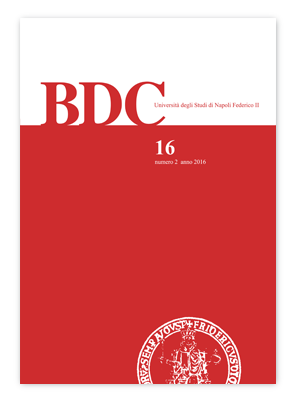Editorial
Abstract
The general aim is to collect evidence and to support research for informing urban policies in urban regeneration and implementing the New Urban Agenda (United Nations, 2015; 2016). The research aims at connecting knowledge with urban planning processes in issues related to the holistic regeneration of cities and also in social inclusion, participatory planning processes while strengthening collaboration amongst cities.
The thematic priority of the research has been to develop creative approaches, tools and solutions for planning, designing and implementing “regenerative strategies” of cities, starting from cities/areas interpreted as drivers of the city system regeneration: as the catalyst of circular city economy, toward a de-carbonized urban economy.
The sustainable regenerative city model, which comprises a circular, symbiotic, hybrid growing processes is here proposed as a key element towards the Habitat III implementation process. In the context of planning for “inclusive, safe, resilient and sustainable cities” a specific knowledge is going to be produced for contributing to operationalizing the New Urban Agenda. The evaluations of best/good practices are considered as the first step for new knowledge production on the base of specific indicators, for developing new tools, methods, and approaches for planning and managing the complex urban dynamic system, to foster creativity, resilience and sustainability of the city.
Downloads
Copyright (c) 2017 BDC. Bollettino Del Centro Calza Bini

This work is licensed under a Creative Commons Attribution 4.0 International License.
